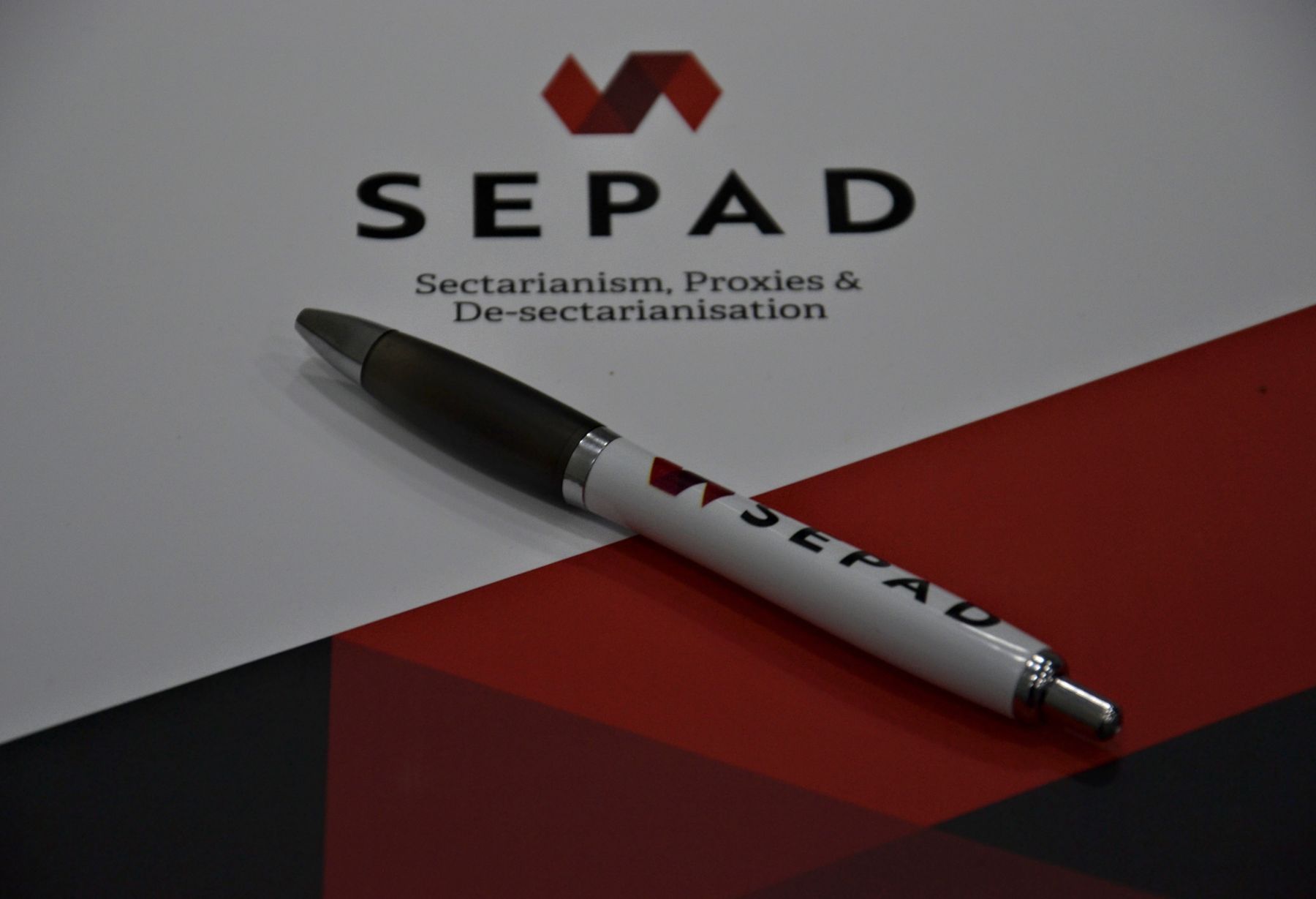Some thoughts on the Haniyeh assassination
10th Aug 2024 by Simon Mabon

Following the assassination of Ismail Haniyeh, some of our Fellows shared brief thoughts on the state of play.
After eight months of devastation, death and destruction have only increased. What has also increased is the amount of red lines crossed - time and again. As states are scrambling to contain the situation to avoid an “all out regional war”, it should not be far fetched to argue that perhaps the regional war that many have strived to avoid is already here. With that said, is the general discourse describing the current situation accurately? Is this a new kind of war that is playing out before our very eyes? Do we have the conceptual tools to understand it properly? The assassination of Haniyeh provokes more question about the current state of play then it does potential scenarios.
A great deal of the world is anticipating a barrage of an unprecedented Iranian strike on Israel - and i agree with that assessment. Conversely, what I also argue is that it’s unlikely to lead to an all out regional war. The reason being is that perhaps an all out regional war is understood in the traditional sense of warfare, that aimed at destroying the enemy militarily. Rather, the logic of this apparent new kind of regional war has a very measured and deeply political form of (lethal) military activity. In this current state of play, Iran and aligned militias will respond to Haniyeh’s assassination, but the anticipated military response is more geared towards adhering to audiences and normative requirements, than it is to “destroy” the enemy. What we can expect is an interplay of two aspects. The first is boasting of military responses for domestic audiences. The second is the blaming of the other of escalation of more regional war.
Aziz Alghashian
As we await the response of Iran its allies in the Axis of Resistance to Haniyeh’s assassination, it is too early to tell where this might lead in terms of a broader regional conflagration. Iran’s Operation True Promise in response to Israeli strikes on its diplomatic premises in Syria was a carefully calibrated, telegraphed response that set new rules of engagement in what up until that point had been a shadow war, so one might expect something similar in this case given the breach of Iranian sovereignty and the targeting of one of Tehran’s key allies.
If the regional picture remains uncertain then one area provides us with much more clarity, and that concerns Israel. With its reputation arguably at its lowest ever point, and held hostage to one of the most extreme governments in its history, Tel Aviv’s most recent act of foreign adventurism is far from a display of strength. Though it may be a short term tactical success it only acts as a distraction from the ongoing genocide, the deep political divisions within Israel, and its ever-increasing isolation internationally. The West’s unequivocal support of its reckless actions has only further fast-tacked its decent to rogue nation status.
Edward Wastnidge
Israel’s extrajudicial killing of Ismail Haniyeh in Teheran on 3 August 2024 was not so much a strategic move as it was a demonstrative one. Israel sought first and foremost to remind the world of its US-backed prerogative to operate above international law without facing any significant consequences. Haniyeh’s assassination is unlikely to affect Hamas’ military resistance in Gaza, as its militants keep fighting even in areas that Israel claimed it had “cleared” from the armed movement. At best, Israel has now officially killed the ceasefire negotiation process and increased the prospect for an all-out war in the Middle East. But Israel was hardly engaging in ceasefire negotiations, showing its determination to continue the genocide in Gaza instead. Speaking before the US Congress a few days before Haniyeh’s assassination, Netanyahu – who has already secured $ 12.5 bn dollars in US military aid in the first half of 2014 – asked the US Congress to give Israel more weapons to achieve “total victory” in Gaza and defeat what he called “Iran’s axis of terror”, allegedly “[threatening] America and Israel”. Netanyahu could already count on US full support to whatever military adventure he decides to embark on. What was then the point of Israel’s assassination of Haniyeh? To extra-judicially execute its own counterpart in the negotiations, whilst proudly violating the sovereignty of Iran – the state that was hosting Haniyeh for the inauguration of its new president, Masoud Pezeshkian: two blatant crimes in the face of the entire world, amidst growing calls to hold Israel accountable for its rogue behaviour. Israel just reminded everyone that it transgresses basic norms with impunity. It is willing to pursue its political gains, camouflaged in the language of “security” and “self-defence”, not only at the cost of Palestine’s existence, but at the cost of security and stability in the Middle East and the entire world, as long as the US shields it from any form of accountability.
Marina Calculli
The assassination of Ismail Haniyya by Israel during his last visit to Iran on July 31, 2024, to attend the inauguration of the new Iranian president, has reignited discussions around justice, war, grievances, Western double standards, ethnic cleansing, and Islamism. These narratives have dominated the headlines amid the war on Gaza and the October 7th attack on Israel by Hamas. Beyond the prominent and normative analyses that have occupied major global news outlets, there exists a significant gap in understanding the political attitudes and perceptions of people regarding Hamas as a symbol of Palestinian resistance.
The assassination of Haniyya has had profound impacts on the region's narratives and has exacerbated existing tensions. Among most Palestinians, even those who have opposed Hamas' political repression and do not align with its political agenda, the rise of atrocities against Palestinians in Gaza has led to a diminishing of political fissures and divisions in light of the humanitarian crisis. The death of Ismail Haniyya has highlighted the entrenched sectarian and political divisions among Syrians, stemming from Hamas' regional alliance with Iran. Narratives of Islamic orthodoxy have rallied to commemorate his death, viewing him as a Sunni martyr. Conversely, other Sunnis fervently opposed commemorating him as an Islamic symbol of resistance and defiance against Israeli occupation because of Hamas alliance with Iran.
This incident has also brought to light the deep-seated grievances among Syrians, who are divided over the regional alliances and political affiliations that Hamas represents. The reaction to Haniyya's assassination underscores that the normative binary sectarian division of Sunni versus Shia rivalry in the region is overly simplistic and not universally applicable. The divisions and fissures at the identity level are deeper, more complex, and politically relational.
The assassination of Haniyya and the subsequent regional reactions illustrate that Sunnis should not be viewed as a politically homogeneous group. Instead, it highlights that political attitudes in the region are subject to social and interpersonal dynamics, which are further complicated by regional and international manipulation of identities. This case serves as a reminder of the intricate and multifaceted nature of sectarianism in the Middle East. The political landscape following Haniyya's assassination demonstrates how regional events can catalyze shifts in identity politics and sectarian relations, revealing the complexity and fluidity of political allegiances and oppositions in the region.
Rahaf Aldoughli
